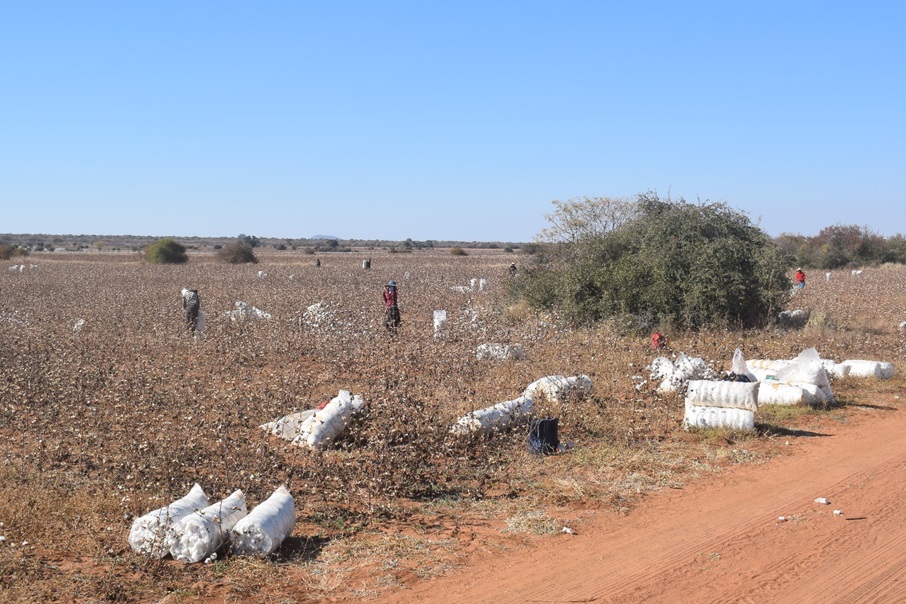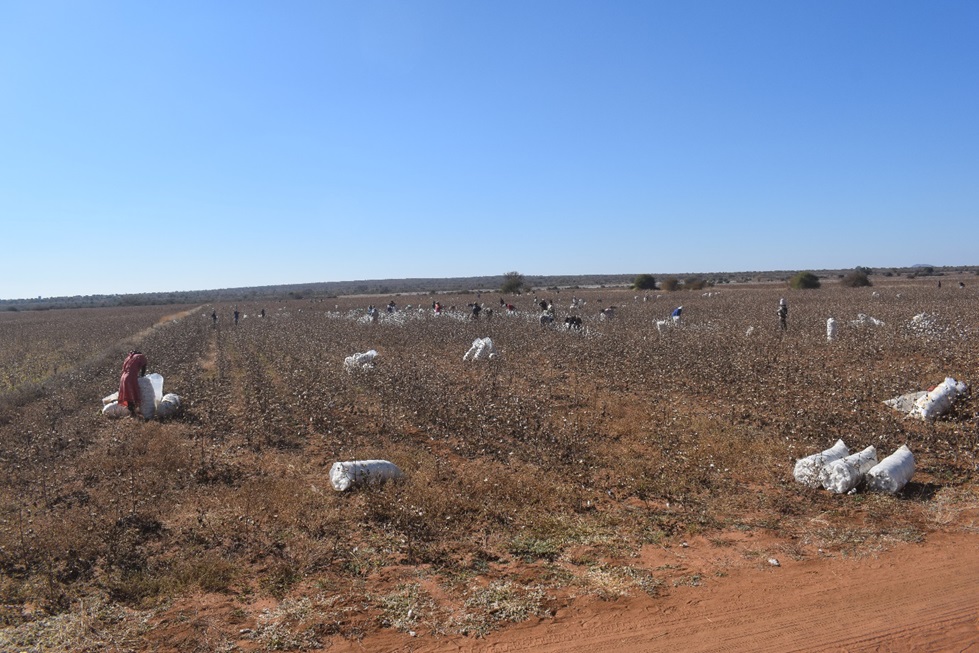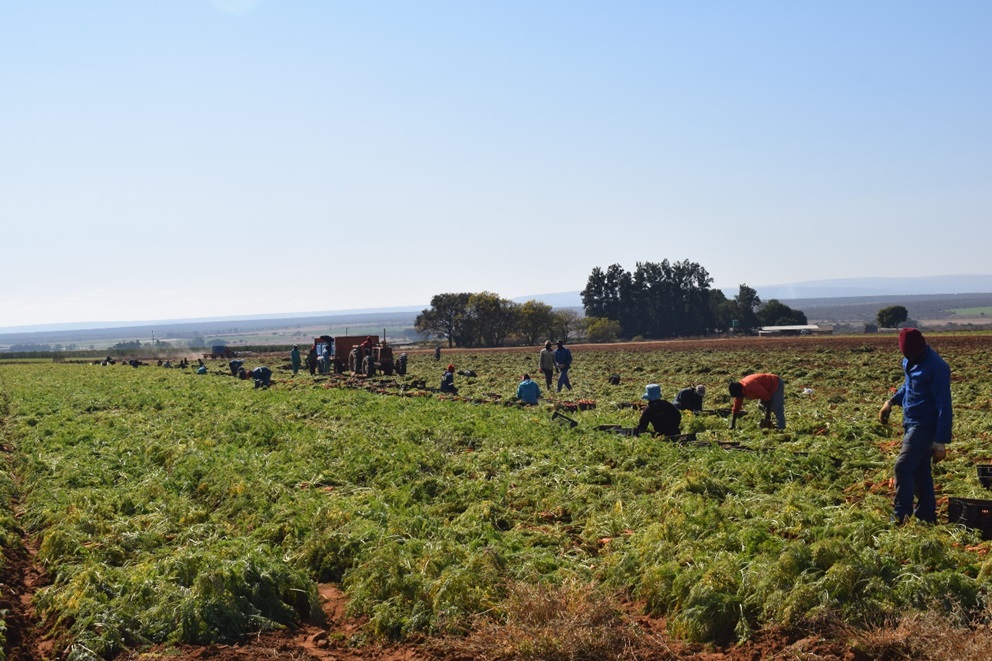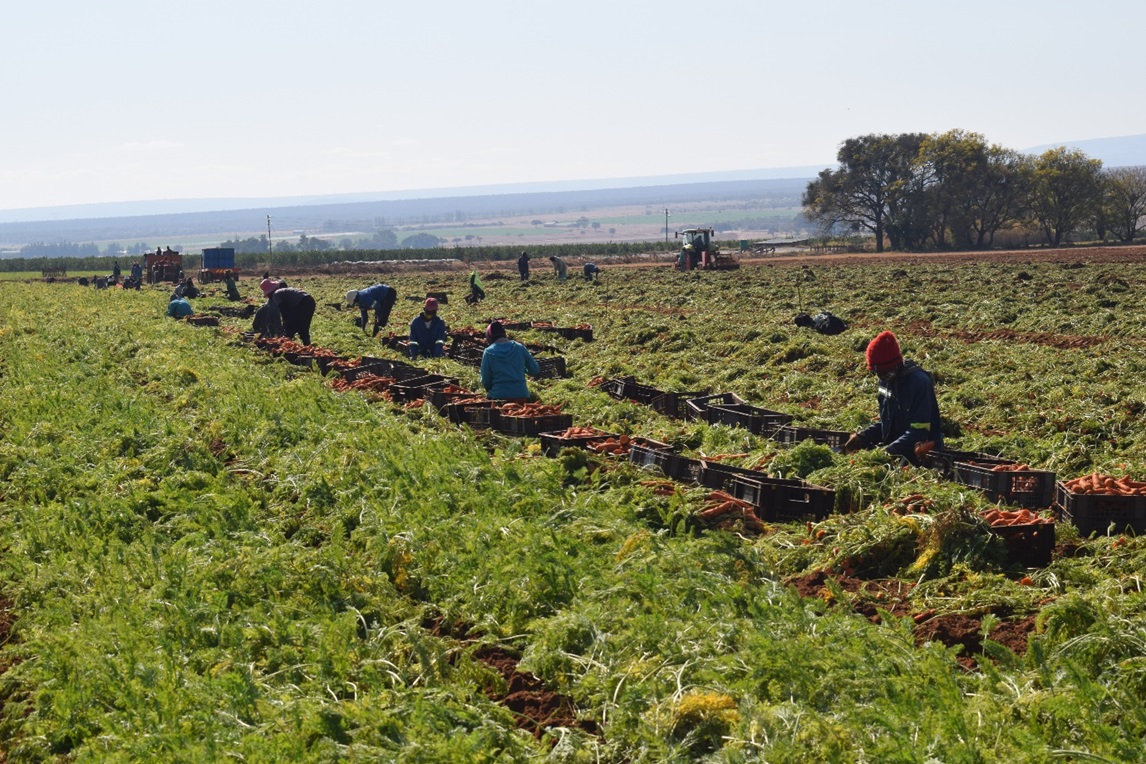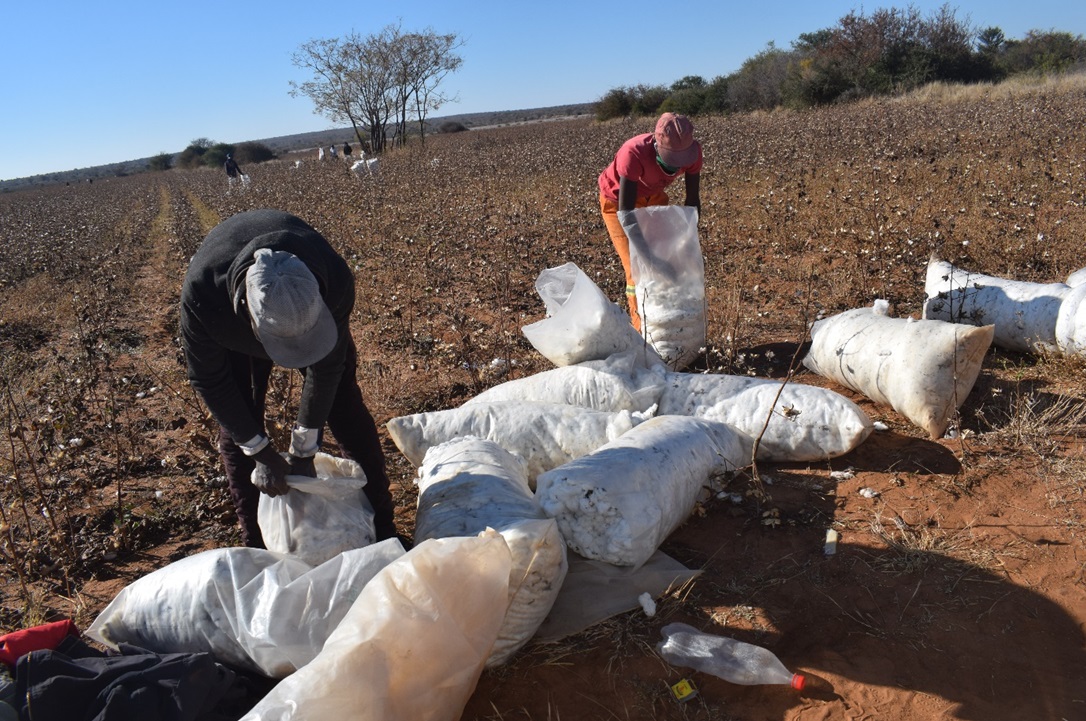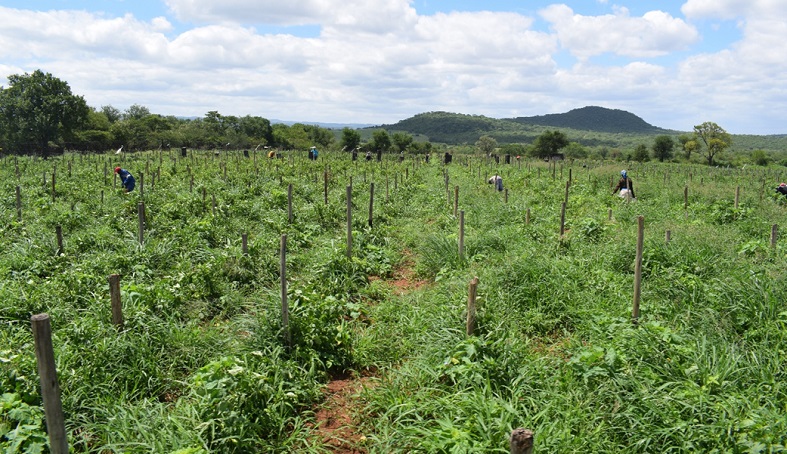By Matsobane Manaka
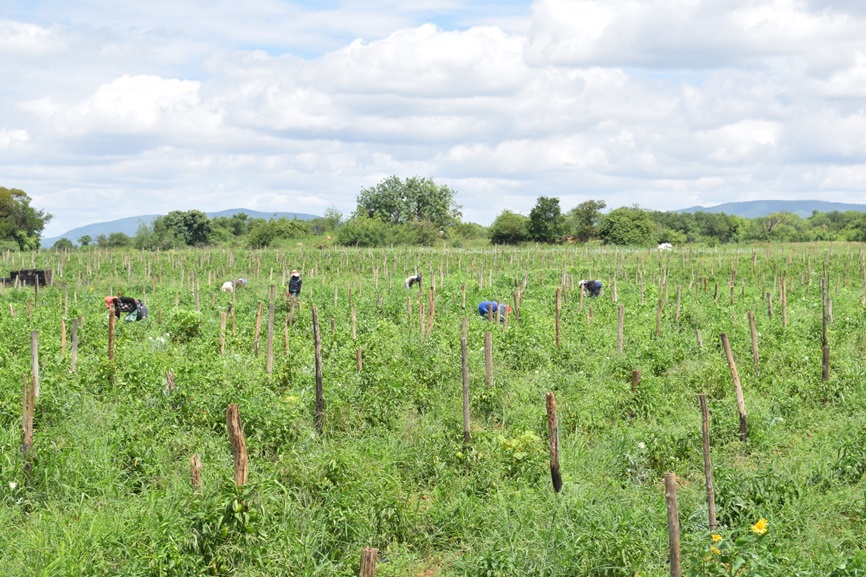
The protection of children from exploitation is the responsibility of everybody. Section 28 of the Bill of Rights in the Constitution empowered community to ensure that the interests of the children are taken care of. It clearly states that, “every child has the right to basic nutrition, shelter, health care and social services, as well as the right to be protected from maltreatment, neglect, abuse or degradation”.
There are many formal and informal sectors that are fingered to engage minors in their lower wages or no paid work activities. Agriculture is regarded as one of the culprits or main sectors in the centre of child labour across the globe. The economic crisis had worsened the situation where the rise of minor children participating in agricultural activities were experienced especially during school holidays.
Lack of access to quality education, easy access to farmers bordering villages, poverty that increase the school drop-out rates, inadequate food and limited agricultural technology in poorer communities aggravate the effect of child labour. The conditions that could go beyond human trafficking, slavery or sexual exploitation resulting with disease, injury, or death.
The launch of Child Protection Week by the Department of Social Development this week was meant to highlight some of those challenges of child labour.
Victim of child labour does not only lead to lower wages while contributing to higher unemployment to adults, but it is also subjected to working under dangerous and extreme conditions that could result in negative consequences in their long-term development in either their physical or health or even both in their later stage.
Child labour refers to condition of work that put children’s live at risk. Basic Conditions of Employment Act clearly states that it is a criminal offence to employ minor children to perform work not equivalent to their age, notably younger than 15. Children in performing arts are excepted as work permit must firstly be obtained from Department of Labour.
In a quest to save the soul of the minor children and give them opportunity to develop physically and mentally to their full potential, parents and general community members are urged to use the child protection week to intensify the awareness programmes, call upon policy makers to strengthen the implementation of laws, encourage back to school and discourage formal and informal entities including factories, supermarkets, from employing child labour.
Limpopo Department of Agriculture and Rural Development (LDARD) also observes the National Children Protection Week. The day is observed annually to raise awareness on the rights of children as articulated in the constitution of the republic of South Africa Act (Act no, 38 of 2005).
